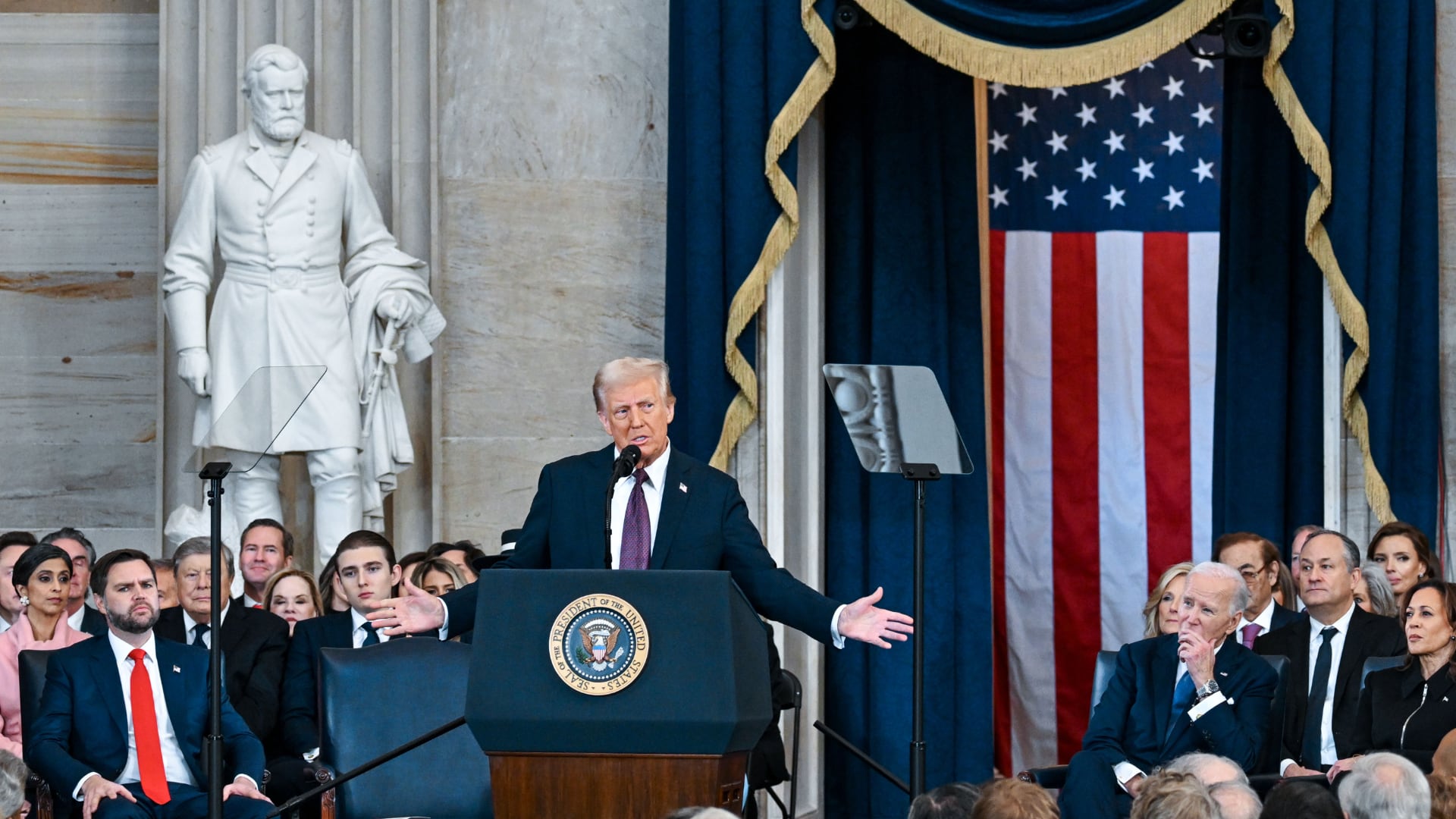Andy Card, the White House chief of staff who famously informed President George W. Bush of the Sept. 11, 2001 attacks, offered some pointers on how to handle a national crisis.
For one, he said President Donald Trump should keep communicating with the American people but temper some of his verbal excesses.
"I think the president gets high marks for communicating with the American people, so he's been talking to us a lot," Card told Cheddar. "Sometimes he says things with too much hyperbole, and sometimes it's overly optimistic, and sometimes it's measuredly not very striking. I would say be careful with what you say. Your words matter. Taste your words before you spit them out."
Card also noted a crucial difference between the two crises. The 9/11 attacks placed the U.S. on a war footing, which allowed the president to employ some of his powers as commander-in-chief. In the case of a pandemic, he said the president can't subsume the power of governors to issue something like a nationwide quarantine or any other kind of police power.
"Even if he did, it might not take effect, because the governors do have responsibilities over their own states, and the president cannot subsume that unless there is a threat to the government," he said. "This is not a threat to the government that's going on right now."
"I don't think he has the power to mandate it. He has the power to suggest it," he added.
The former White House official did give the president high marks for his efforts at "muscling the federal government to supply states' needs."
Ultimately, Card said the president is only a small factor in responding to a major crisis.
"Clearly on September 11, 2001 America rallied together almost immediately after the attacks," he said. "Presidential leadership was compelling, but we also did rally as American citizens."












